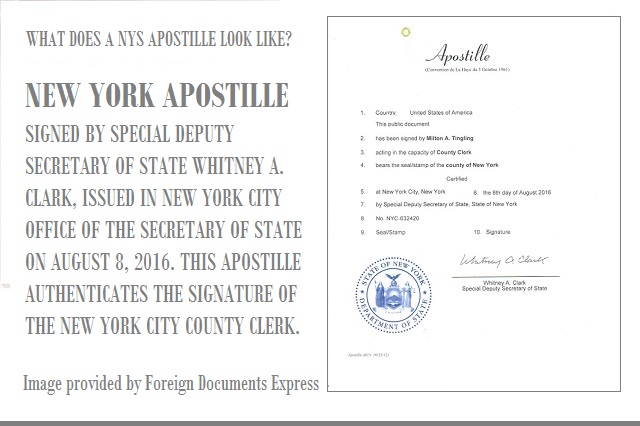


To conclude, because notaries public notarize signatures, not the content of a document, notarization does not make a document "legal" or "official" in any way. It may be helpful to explain to your customer that notarization only attests to the signature, and that the notary's seal only identifies the notary. Because the public often believes that notarization will "legalize" their documents, notaries should be particularly cautious when notarizing sensitive documents that were prepared without the assistance of an attorney, such as estate planning documents or real estate documents. However, notaries should diplomatically decline to notarize a signature on a document the notary knows to be deceptive or false. (Remember, notarization typically requires either a certificate of acknowledgment or a jurat you should not simply sign your name and affix your official seal to a document.) The contents of the document remain the responsibility of the signer.Īlthough prudent notaries should scan over a document to make sure it is fully completed prior to notarizing, notaries are not required to read a document for its content. The notary's certificate only certifies that the named person appeared before him or her, was properly identified, and either acknowledged the document or swore to it.

In either situation, the notary is not concerned with, nor responsible for, the contents of the document. With an oath, the signer is swearing (or affirming) to the notary that the contents of the document are true and correct. Both of these acts are sometimes referred to as "notarizing a signature." With an acknowledgment, the signer is declaring before the notary that he or she has voluntarily executed the document. To explain more thoroughly, we should look at the two most common types of notarial acts - acknowledgments and oaths. (Louisiana notaries are trained legal practitioners and often certify the contents of a document.) This is generally the case in every state except Louisiana. California makes this exceptionally clear to members of the public by requiring a notation above all notarial certificates that explains that the notarization only verifies the identity of the signer, not the truthfulness, accuracy, or validity of the document. This is particularly the case when a person brings a document to a notary public to be notarized, thinking that the notarization will in some way "legalize" the document or make it "official."Īlthough most of us are familiar with the phrase "notarize a document" or "notarize a paper," it is generally the signature - not the document itself - that is the concern of the notary. If you are registered in one county in New York, you can notarize in a different county.Most adults will have to get something notarized at some point in their lives The public's perception of what a notary does and what notarization accomplishes is often incorrect. To summarize, a New York notary public can act anywhere within the state. So, if a notary public’s signature needs to be authenticated, only the county clerk where the notary public is qualified can certify the signature.Īlthough only a few people have the actual need, it is possible to register an Official Character Card with a clerk of more than one county. However, since only the county where the notary public qualified has their Official Character Card, only that county will have their signature on file. For example, in New York City, a notary public can notarize signatures in all five boroughs even if they are qualified in only one county, i.e., New York County. A notary public who is commissioned in New York State can act as notary public anywhere in New York State.


 0 kommentar(er)
0 kommentar(er)
